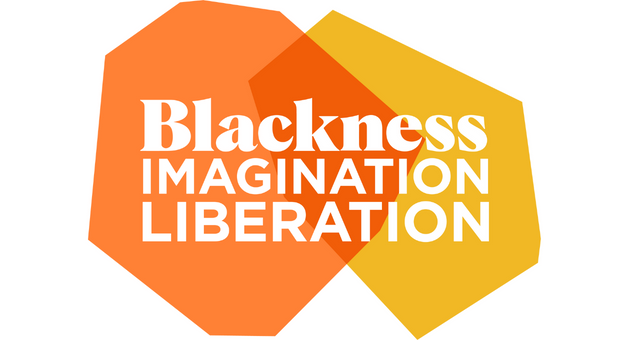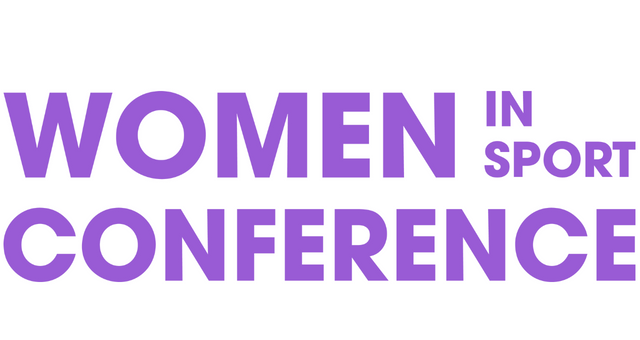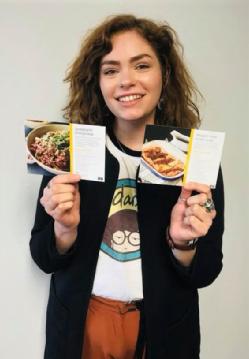The Warwick Innovation Fund
22/23 Projects
Thanks to donations, students have been able to make many incredible projects a reality.

Blackness, Imagination, Liberation
A month-long series of activities showcasing the imaginative work of Black creatives at Warwick. Attended by over 300 students, activities included seven community focussed events such as speaker events, creative sessions and a mental health workshop for Black Students. Community building took place over the course of the project, bringing together students to form new connections and friendships, providing a creative outlet and to creating a safe space for students to talk about and reflect on the challenges of being a Black Student at University. The project has sparked long term engagement of students with the Students Union and with the work of VP Welfare Tomi Amole. Offshoot projects are already in development to keep momentum going throughout the year and further in the future. (October - November 2022)
Sexual Health and Guidance (SHAG) Festival
Sexual health and guidance designed to be educational while also light-hearted to promote consent and healthy relationships. To break down barriers and engage students in a fun and non-taboo way with open and frank conversations surrounding sexual health and wellbeing. Working alongside Report & Support as well as a range of sexual health charities including Coppafeel, The Survivors Trust, and Ovacome to deliver educational content to students in an approachable way. (January - June 2023)

Liberation Conference
A week-long, in-person, co-collaborative set of workshops, talks and discussions where students can discuss and learn about a variety of intersectional issues affecting marginalised people. It will provide students the opportunity for co-creation and learning and provide access to expert thinkers enhancing the student experience particularly for BAME, LGBTQUIA+, disabled and international students. (February 2023)

Women in Sport Conference
A days long conference celebrating women is sport to encourage female participation in sports at Warwick. The event will bring together a range of speakers including Kare Odenegan, Paralympic medallist and Warwick Alumni and Charlotte Moore, Paralympian in Wheelchair Basketball. (February 2023)
Historical Projects

Offering a lifeline to students suffering mental health crises...
At least one in four students experience mental health issues during their time at university, and it’s on the rise. 'Are You OK?' was an awareness campaign focused on being more open about mental health and wellbeing, promoting dialogue between friends and acknowledging when things are tough so people can be helped. Every month students were encouraged to spread the 'Are You OK?' message and ask their friends how they’re doing. A whole programme of events was offered, covering Housing, Stress and Time Management, Drugs, Alcohol, Exam Stress, and more.

Encouraging students to take part in volunteering activities...
This project offered volunteering opportunities for students including: green/environmental projects, activities for school children, painting and decorating community centres, walking dogs awaiting rehoming, and gardening activities which befriend people with learning disabilities. 555 students volunteered their time to one-off projects within the local community. Students said it increased their confidence and communication skills, improved their wellbeing, and gave them a chance to socialise with people from other cultures.
